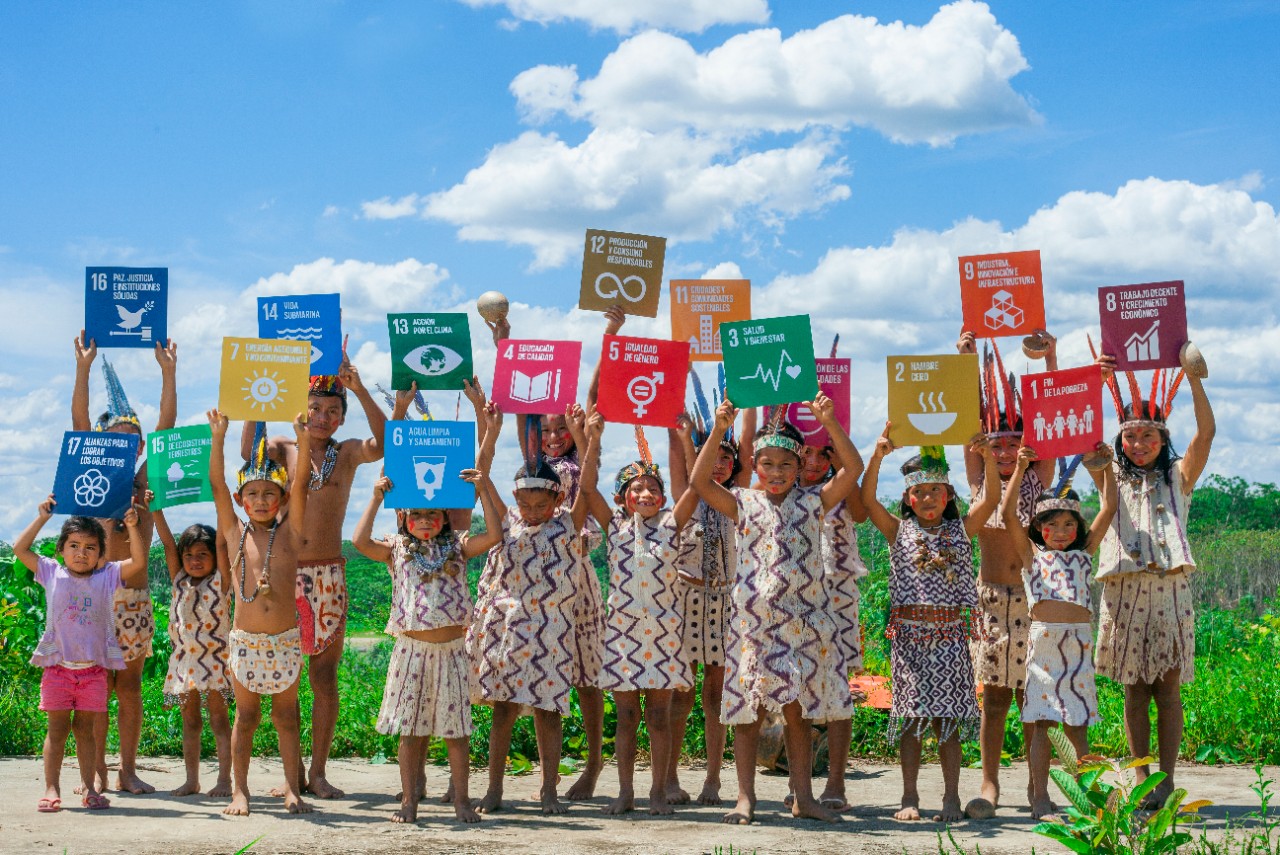Three basic things to know about data for development
April 7, 2022

Data is a powerful tool that can change the way we do development work. By providing more points of information, data can help development professionals get a nuanced, more complete picture of a problem or scenario – and hence, the opportunity to make better decisions for impact.
But for the uninitiated, working with data can be confusing and opaque. We turned to UNDP’s data experts for three critical things development workers should know about how data can contribute to better, more efficient decision making and programmes.
1. Even if you aren’t actively working with it, data is all around you.
In today’s digital reality, every one of us is creating data points all the time. Every time you scroll through a site or social media, click a link, open an app, or make a purchase with a card, you’re generating data. For development professionals, we’ve seen time and again how data can help informed decision making to create greater efficiency and impact. From traditional data sources like surveys, to information collected from satellite imagery or mobile money transfers, data has the power to solve thorny development challenges that have been preventing development projects from reaching vulnerable populations in the last mile. Best of all? The data is out there already; we just have to learn how to make value out of it in a responsible and ethical manner.
You can browse through the Global Partnership for Sustainable Development Data’s library to see how data is contributing to achieving each of the 17 SDGs.
2. Data has great – and terrible – power.
If we’re generating data all the time, data privacy should be a concern for all of us – personally and professionally. For vulnerable people who are beneficiaries of development organizations, a data breach can have devastating impacts, potentially even endangering their lives or livelihoods. Robust data practices are especially relevant as the development world begins working with personally identifiable data and/or biometric data like fingerprints, iris scans, facial images, and more, which if breached could further imperil a population already at risk.
To ensure that data privacy principles are enshrined in present and future UNDP projects, UNDP has included data privacy as the first of its Data Principles, put together to articulate the values projects should hold when harnessing data. More broadly, the UN Principles on Personal Data Protection and Privacy set out a basic framework for the processing of personal data by, or on behalf of, organizations within the UN System.
National and regional governments and governing organizations have also implemented data privacy regulations to make our digital lives safer and more secure. Among the most well known are Europe’s GDPR, California’s CCPA, Brazil’s LGPD, and South Africa’s POPI.
3. Data is a precious resource that can turbo-charge impact.
Leveraging data – available on tools like UNDP’s Data Futures platform, which aggregates best available data from a variety of organizations and translates datasets into actionable, evidence-based insights – can turbo-charge the impact of a project or programme. But given that we are generating new data all the time, it’s critical that we take full advantage of the opportunity afforded by all this data by keeping it organized, tidy, and up to date. By making data usable to the greatest number of people and projects, we’re investing in the success of a wide variety of future projects.
Data available on UNDP’s Global Dashboard for Vaccine Equity, for example, has provided greater visibility into global distribution of COVID-19 vaccines. Clear evidence that vaccine rollout in low-income countries has been markedly slower than in high-income countries – as of March 2022 only six low-income countries have received enough vaccine to cover 40 percent of their populations – has contributed to a recalibration of vaccine distribution on the part of development organizations. This recalibration has contributed to a slow shift toward a more equitable global COVID-19 vaccine distribution: since the beginning of February 2022, low-income countries have received 73.8 million vaccine doses, a significant uptick from 2021 monthly averages.
***
We can’t all be data experts. But we don’t have to be experts to realize the power of data – and put it to work for our projects. We’ve seen that data in development can be a power for good. In fact, developing UNDP’s organizational data capabilities is a critical factor in UNDP’s Digital Strategy 2022-2025.
Embedding a new digital culture within UNDP and other development organizations and partners – complete with new data literacy and facility – will ensure that development programmes face the challenges of the future with our best foot forward.

 Locations
Locations

